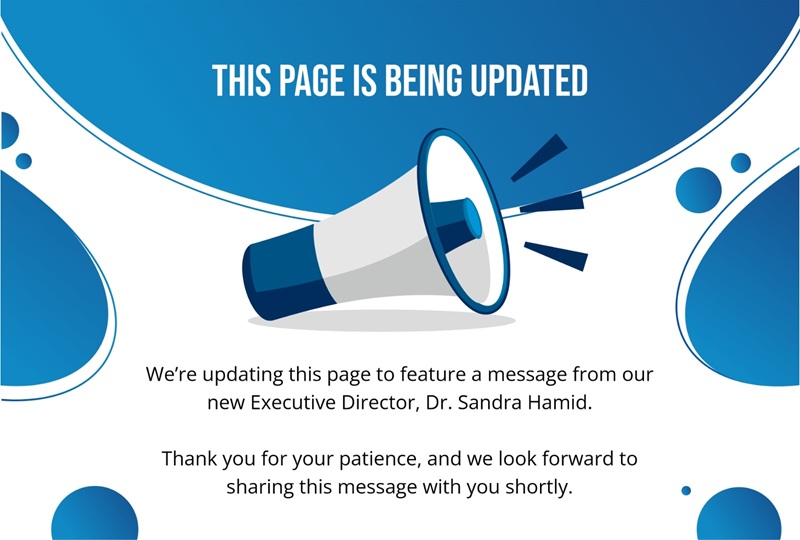
Last Updated: Jan 21, 2025 @ 11:13 am
____

Intiland Tower, Lantai 11
Jalan Jenderal Sudirman Kav. 32
Jakarta 10220, Indonesia
Tel : (+62) 21 5793 9085 / 86
Fax : (+62) 21 5793 9089
Office Hours : Monday – Friday, 08.00 – 17.00
The office is closed for Indonesian and US holidays
© 2025 AMINEF. All Rights Reserved.